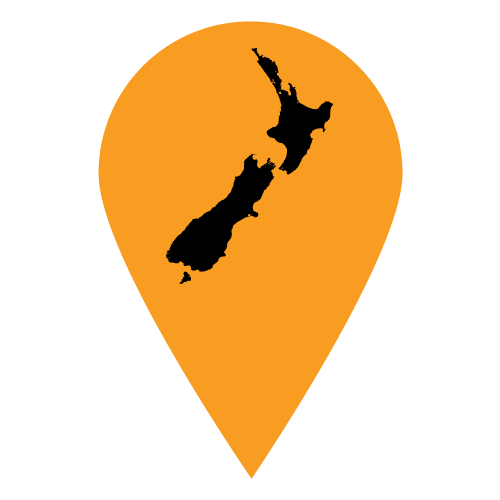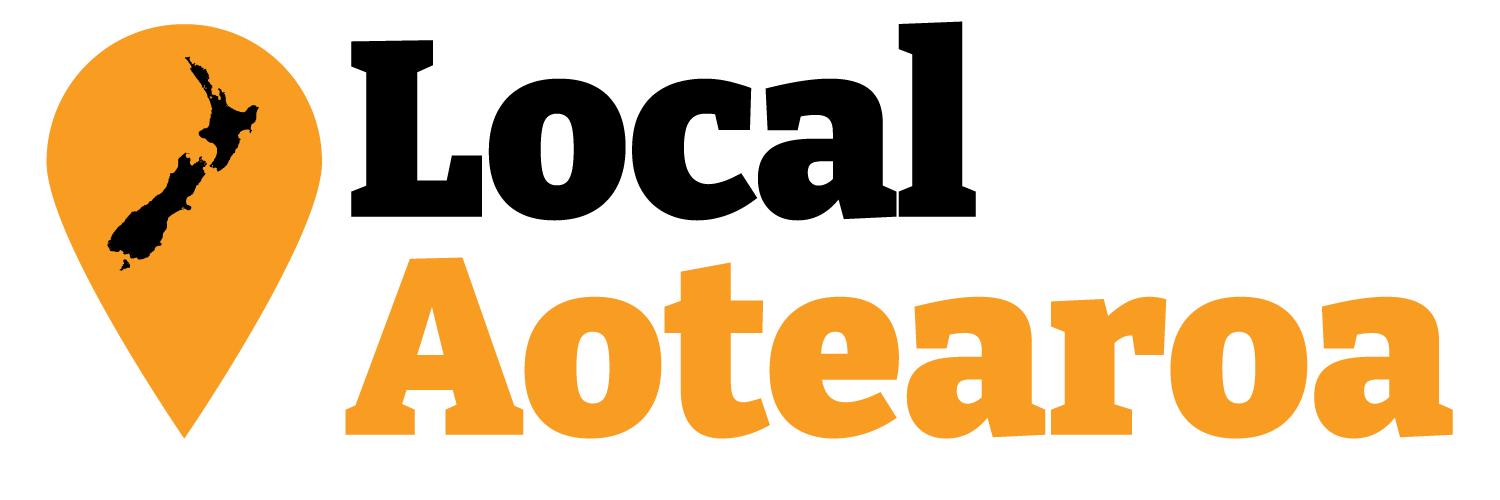Four mayors dissatisfied with Wellington Regional Leadership Committee
AI generated image of various briefing papers torn up and laying scattered across a boardroom table.
Tensions are bubbling away within the Wellington Regional Leadership Committee (WRLC) with at least four mayors appearing to be dissatisfied with the work of the committee, a Local Government Official Information and Meetings Act response to Local Aotearoa reveals.
In an email to the WRLC’s Programme Director Kim Kelly and its Chair Darrin Apanui, Greater Wellington Regional Council (GWRC) Chair Daran Ponter discussed that Porirua City Mayor Anita Baker, Upper Hutt Mayor Wayne Guppy, Carterton Mayor Ron Mark, and South Wairarapa Mayor Martin Connelly all had “negative thoughts” about the WRLC, with Ponter speculating that the WRLC was “stretching them too far.”
This is because, according to Ponter, local mayors and councils are “elected to manage and advocate for the local issues of their territories” while the WRLC requires them to operate at a much broader regional level that “they are not so comfortable with”. Ponter also points out that some of them are pushing back against the notion that the WRLC is planning for their districts, and cites the Transit Oriented Development (TOD) proposal for Featherston which Mayor Connelly isn’t a fan of. Likewise, there are issues with mayors not seeing their pet projects reflected in the WRLC’s work, with it being revealed that Carteron Mayor Ron Mark wants a Remutaka Hill road tunnel.
As a result, Ponter seems to fear that some of the councils might break ranks and negotiate their own individual city deal proposals rather than sticking with a possible regional deal.
As a response, Ponter’s solution appears to be trying to narrow the focus of the WRLC onto a few key regional issues. That in itself isn’t a bad idea, though such projects shouldn’t be included if they’re already known to be largely unworkable.
Likewise, Ponter’s thinking about the natural tension between elected representatives who were voted in to advocate and govern their specific city or district and the need to think and act regionally on the committee is a fair one. When these people were elected, they take an oath to govern in the best interests of their whole city or district. Only the regional council technically gets elected to do things on a regional level. This of course doesn’t preclude the mayors on the committee making trade offs, but their ultimately accountable to the voters who elected them, not voters in other parts of the region. Of course, this plays out within cities and districts to some extent as well where there aren’t elected representatives elected at-large, but there’s a clear expectation that this should be the case.
There’s also the risk of the WRLC becoming another confusing layer on top of an already multiple tiered local government structure that seems to be playing out with the push-back on planning. Speaking from a personal perspective, this was something I had reservations about when I voted in support of its creation when I was on Kāpiti Coast District Council, and that now seems to be playing out, especially as the work of the WRLC can’t legally bind its constituent councils to any course of action, making their role an advisory one at best.
It may well be that the WRLC has run its course. Even setting aside the rumblings from four of its 10 local authority representatives, it’s notable that the National-led Coalition Government, despite having been in office for eight months, has not appointed any ministers to the committee. Under the previous Government the committee typically involved the Minister of Transport and the Minister of Housing representing the Crown. However three meetings have been held since the change of power and there’s no sign of any Government ministers even attending, let alone being appointed to be members of it.
Similarly there’s an overlap between the WRLC and the Wellington Mayoral Forum, which from an elected representative perspective contains the same mayors. Perhaps these groupings need to be merged together instead of having parallel discussion groups going on.
It’s possible that all this will change if a regional deal is successfully negotiated in the model of the Greater Manchester Combined Authority, which would see both the WRLC and potentially Greater Wellington Regional Council supplanted by a new entity for ensuring regional coordination from local government on regional issues.





